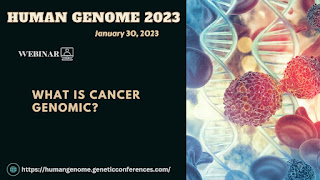What is human gene therapy?

Human gene therapy aims to change a gene's expression or the biological characteristics of living cells for therapeutic purposes. Gene therapy is a method for treating or curing disease by changing a person's DNA. Gene treatments can function in a variety of ways: Swapping out a disease-causing gene for a healthy copy Inactivating a disease-causing gene that is not functioning properly The process of adding a new or altered gene to the organism in order to treat a condition Products utilizing gene therapy are being investigated for the treatment of diseases like cancer, genetic disorders, and infectious diseases. There are a variety of types of gene therapy products, including: Plasmid DNA: The genetic engineering of circular DNA molecules can deliver therapeutic genes to human cells. Viral vectors: Some gene therapy products are generated from viruses because they naturally possess the capacity to introduce genetic material into cells. Viruses that have been altered to ma...

